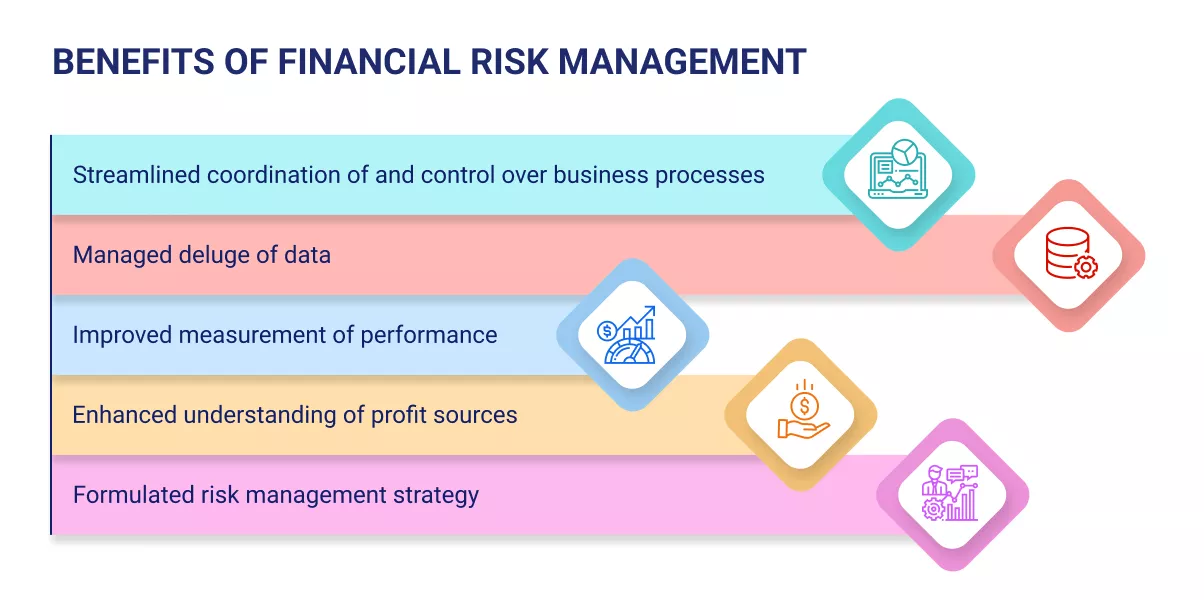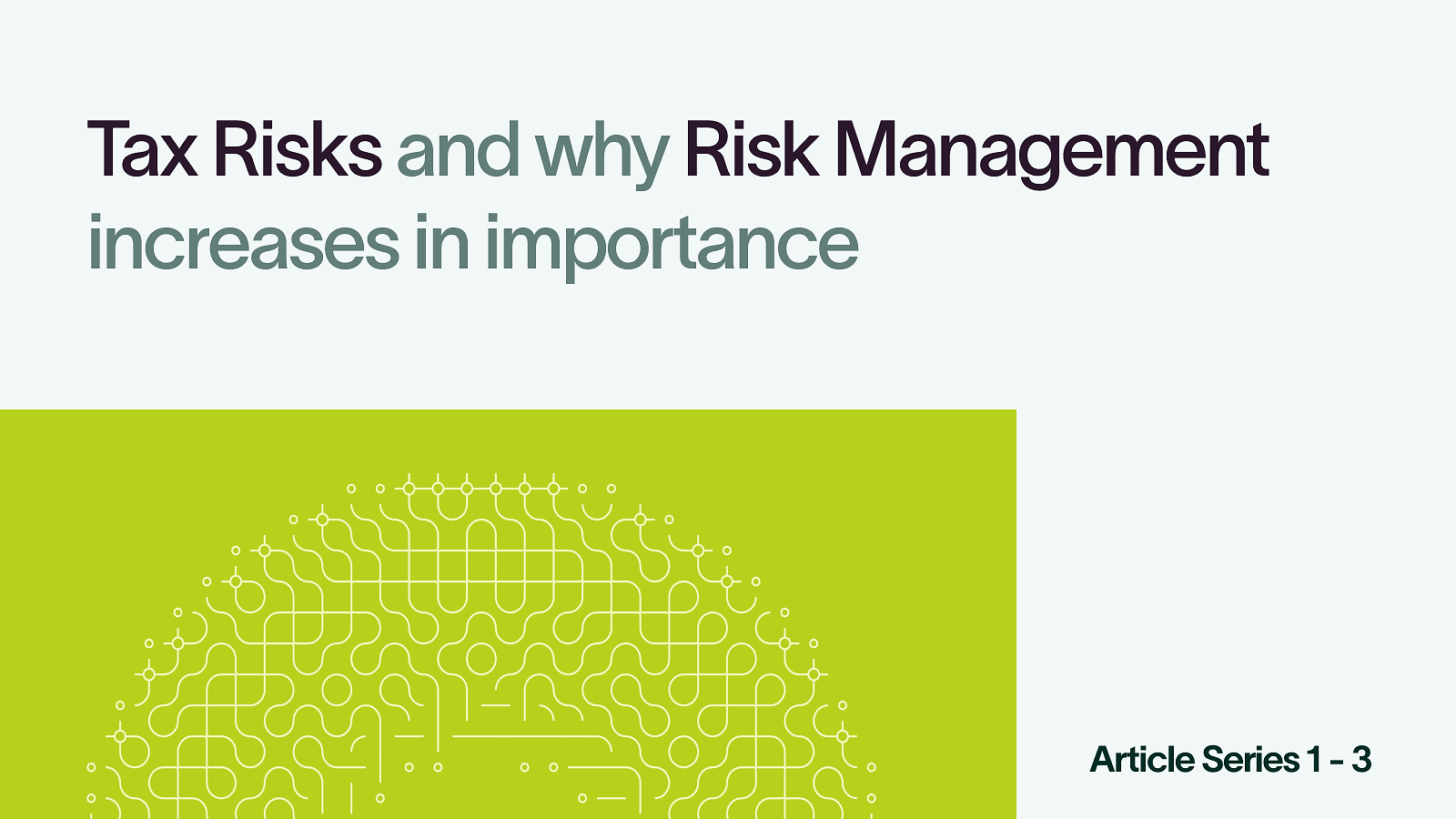How the Importance of Risk Management Promotes Successful Project Outcomes
How the Importance of Risk Management Promotes Successful Project Outcomes
Blog Article
The Relevance of Understanding the Value of Risk Management in Different Industries

The Core Concept of Risk Management and Its Purpose
Risk Management, the keystone of lots of markets, pivots on the identification, examination, and reduction of unpredictabilities in a business setting. It is an integral practice that allows organizations to secure their properties, online reputation, and overall survival. By properly determining possible risks, companies can create techniques to either protect against these dangers from taking place or minimize their impact. The evaluation process includes assessing the possibility and prospective intensity of these dangers. As soon as threats have actually been identified and examined, the mitigation process entails developing approaches to lower their prospective impact. This procedure is continuous and cyclical, guaranteeing that organizations are planned for the ever-changing nature of Risk in various sectors. The key objective, therefore, is to foster strength among uncertainties.
Advantages of Executing Risk Management in Organization Workflow

Unveiling the Function of Risk Management in Different Industries
While every industry confronts its unique set of risks, the implementation of Risk Management methods remains a common in their search of sustainability and growth. In the healthcare field, Risk Management involves making sure individual security and data security, while in financing, it includes mitigating investment threats and making sure regulative conformity. Ultimately, the duty of Risk Management across markets is to identify, examine, and mitigate dangers.
Real-life Study Showing Effective Risk Management
To recognize the relevance of Risk Management in these numerous fields, one can seek to a number of real-life instances that highlight the effective application of these measures. In the power field, British Petroleum created Risk reduction prepares post the 2010 Gulf of Mexico oil spill. They executed better safety procedures and more stringent guidelines which dramatically minimized further crashes. In money, Goldman Sachs effectively navigated the 2008 economic crisis by determining possible mortgage-backed securities dangers early. here are the findings Lastly, Toyota, publish the 2011 quake in Japan, changed its supply check my source chain Management to decrease interruption threats. These instances show just how markets, gaining from dilemmas, successfully applied Risk Management approaches to reduce future threats.
Future Fads and Advancements in Risk Management Techniques
As the world proceeds to evolve, so as well do the fads and developments in Risk Management approaches. Quick innovations in innovation and information analytics are reshaping the Risk landscape. Large information and AI are currently important in forecasting and minimizing dangers. Organizations are leveraging these devices to build anticipating versions and make data-driven decisions. Cybersecurity, when an outer worry, has catapulted to the center of Risk Management, with approaches focusing on prevention, action, and detection. The combination of ESG (Environmental, Social, Administration) elements into Risk Management is an additional growing pattern, showing the boosting acknowledgment of the role that social and ecological dangers play in business sustainability. Hence, the future of Risk Management exists in the combination of innovative technology, ingenious methods, and an alternative method.
Final thought
In conclusion, understanding the value of Risk Management across a range of industries is vital for their durability and prosperity. Inevitably, effective Risk Management contributes to a lot more resistant and lasting businesses, highlighting the significance of this method in today's vibrant and extremely affordable organization atmosphere.
While every industry confronts its unique collection of dangers, the execution of Risk Management techniques remains an usual in their pursuit of sustainability and growth. In the health care market, Risk Management involves making certain person security and data defense, while in finance, it involves mitigating financial investment dangers and ensuring regulatory conformity. Eventually, the duty of Risk Management throughout industries is to identify, examine, and alleviate risks. These instances demonstrate exactly how markets, learning from situations, properly applied Risk Management strategies to reduce future threats.

Report this page